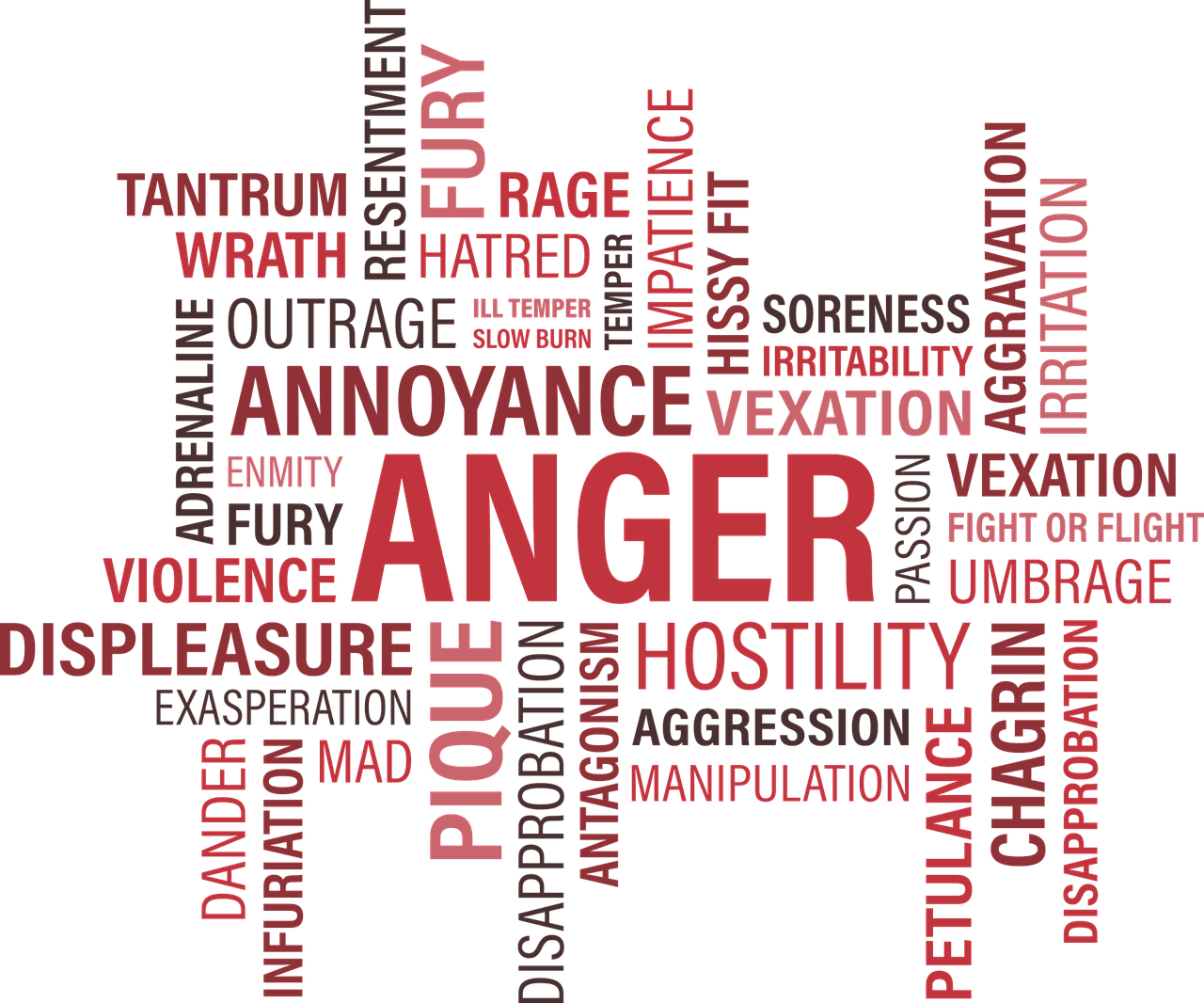
Integration of Anger in View of a Safe Church Environment
Reflections based on the teachings of the Catechism of the Catholic Church’
Anger—a risk factor for perpetrators
‘John Jay study’ among clerical child abusers in the USA has pointed out that inhibition of aggression or over-controlled hostility is one of the risk factors for child perpetrators (John Jay College Research Team, 2011, p. 49). Entrenched anger has been found to be a common factor among clerics with different sexual addictions (Rossetti, 2004, pp. 757–758). Denial of anger may lead to perversion of eroticized anger especially for those who have a sexual victimization history (Zollner & Cucci, 2013, p. 45). Therefore, integration of anger has to be one of the prime concerns in the priestly formation in view of creating a ‘safe Church environment’.
Does Christianity consider anger as negative?
There are accusations that “Christianity has frequently discounted anger describing it as part of our carnal nature and representative of human depravity” (Lester, 2003, p.2). It is a non deniable reality that Christians generally tend to consider anger as a negative emotion. Even though Jesus himself has expressed his anger in public different times; his followers experience a less explainable guilt feeling at the moments of anger. It will be interesting to understand the teachings of Catechism of the Catholic Church on this regard.
Wrath: A Capital Sin
Catechism of the Catholic Church (1993) enlists ‘wrath’ among its seven capital sins (no. 1866). Here two terminologies demand further explanations- wrath and capital sin.
Wrath is “Forceful, often vindictive anger” (The Free Dictionary, 2000, para.1). Forceful and vindictive anger is immoral and it is a mortal sin according to Catechism of the Catholic Church. By the commandment, ‘You shall not kill’, our Lord asked for peace of heart and denounced murderous anger and hatred as immoral….. If anger reaches the point of a deliberate desire to kill or seriously wound a neighbor, it is gravely against charity; it is a mortal sin. The Lord says, “Everyone who is angry with his brother shall be liable to judgment” (Catechism of the Catholic Church, 1993, no. 2302). Therefore murderous, vindictive and revengeful anger is immoral and a mortal sin, since it seriously violates charity.
‘Capital sins’ are those which produce other sins. “They are called ‘capital’ because they engender other sins, other vices” (Catechism of the Catholic Church, 1993, no. 1866). The document gives an example from the Bible how vindictive or revengeful anger produces other sins. Cain’s forceful vindictive anger led to the murder of his brother Abel (Catechism of the Catholic Church, 1993, no. 2259). Therefore Catholic Church firmly teaches that the murderous, vindictive and revengeful anger is immoral and capital sin, since it produces other sins.
Anger: A Principal Passion
Catechism of the Catholic Church (1993) places anger among seven ‘principal passions’ in the life (no. 1772). “The term ‘passions’ refers to the affections or the feelings” (no. 1771). Passions are “natural components of the human psyche; they form the passageway and ensure the connection between the life of the senses and the life of the mind. Our Lord called man's heart the source from which the passions spring” (no 1764). Therefore anger is a natural passion or emotion which springs out of human heart.
The document presents emotion as a neutral factor. “By his emotions man intuits the good and suspects evil” (Catechism of the Catholic Church, 1993, no. 1771). Therefore emotions are not completely negative. It is true in the case of anger. “Anger is a desire for revenge. To desire vengeance in order to do evil to someone who should be punished is illicit; but it is praiseworthy to impose restitution to correct vices and maintain justice” (Catechism of the Catholic Church, 1993, no. 2302). Therefore anger can be also a praiseworthy emotion.
In short, according to Catechism of the Catholic Church anger is natural and neutral emotion which can intuit either good or evil. Anger is good when it helps one to correct vices and to maintain justice, but vindictive and revengeful anger is a capital sin, because it leads to other sins. Now the question remains opened, why Christianity still find it difficult to accept anger as a neutral emotion? To understand and to accept anger without a negative moral judgement seems to be the first step towards integration of anger, and towards a safer Church environment.
Bibliography
- Catechism of the Catholic Church. (1993). Citta’ del Vaticano: Libreria Editrice Vaticana.
- John Jay College Research Team. (2011). The Causes and Context of Sexual Abuse of Minors by Catholic Priests in the United States, 1950-2010: A Report Presented to the United States Conference of Catholic Bishops, Washington DC: United States Conference of Catholic Bishops.
- Lester, A.D. (2003). The Angry Christian:A Theology for Care and Counseling, Louisville, Kentucky: Westminster John Knox Press.
- Rossetti, S.J. (2004). From anger to gratitude: Becoming a Eucharistic people, Origins, 33(44), 757-762.
- The Free Dictionary. (2018). Wrath. Retrieved from http://www.thefreedictionary.com/Wrath
- Zollner, H., & Cucci, G. (2013). Church and the abuse of minors. Anand, India: Gujarat Sahitya Prakash.
[themify_author_box avatar="yes" author_link="yes" color="gray"]

